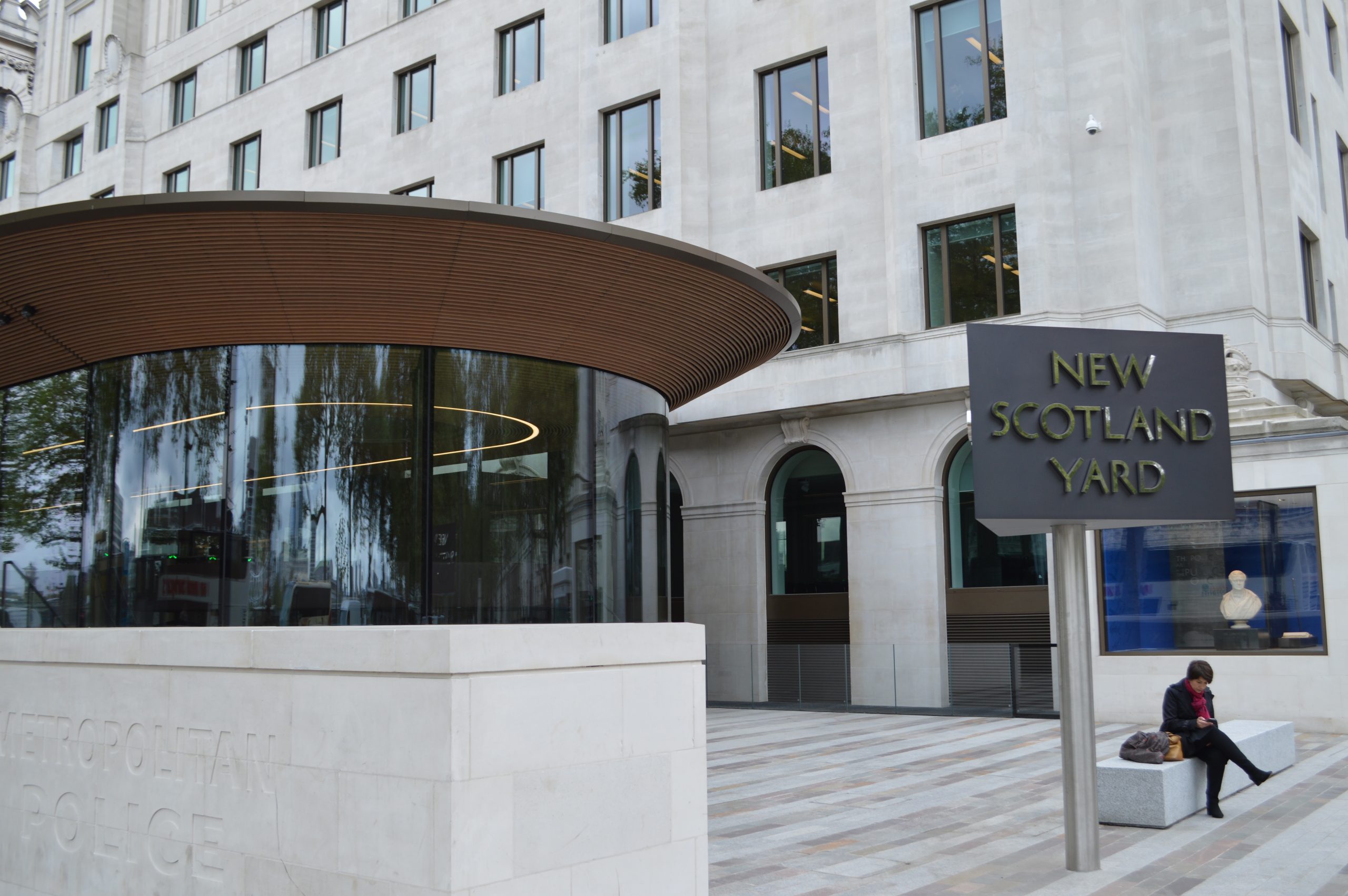An excoriating report into the Metropolitan Police has found it to be institutionally racist, misogynistic and homophobic, describing an existential crisis for the force.
The 363-page Casey Report, commissioned by Scotland Yard following the murder of Sarah Everard by a serving police officer, is a damning indictment of embedded cultural issues within the Met.
The report criticises an institution that has become “unanchored” from the principle of policing by consent, and has lost public trust. Fewer than 50% of Londoners have faith in the Met Police to police the city, with this figure dropping dramatically among people of colour.
It describes how, despite being a £4bn a year organisation tasked with keeping the public safe, it has failed to ensure the integrity of its own officers. A culture of defensiveness, denial, dismissing concerns and looking the other way have flourished and become “baked in”. Baroness Casey criticised how when faced with heinous crimes committed by its own officers ‘it did not stop to question its processes.’ On the issue of those officers who take advantage of their position to abuse others or commit offences themselves, Casey said ‘the system supports wrongdoers’ and ‘complainants are not believed.’
Among the recommendations of the report is the total disbanding of the elite firearms unit in which David Carrick served where some of the “worst behaviour, culture and practices” that the review observed were found. All officers who currently carry firearms would also be re-vetted. In the case of David Carrick, he was re-vetted after an allegation of misconduct but was allowed to continue his role, and his firearm was re-issued.
The report also recommends a considerable overhaul of current vetting requirements for all officers. These include end to end procedures that would follow an officer throughout their career, rather than complaints not following them between forces unless they themselves disclose them.
Baroness Casey finds fault with past leadership of the Met and explains that if reforms are not adequately introduced or are “cherry-picked”, the entire force could be divided up into different specialisms, effectively dismembering the Met Police in its current form.
Sir Mark Rowley, Metropolitan Police Commissioner, has said he would not use the term “institutional” to describe the situation in the force but has made clear he agrees with Casey’s damning assessment of the scale of the problems faced.








